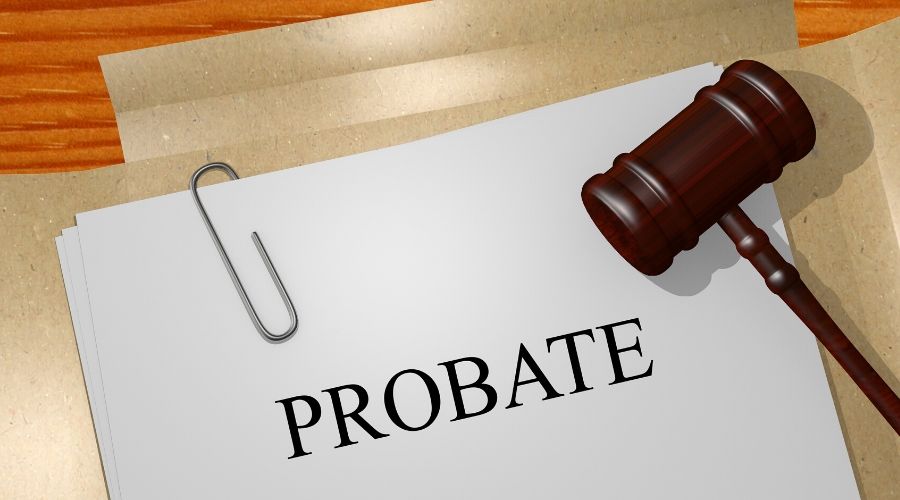When an interested party raises a dispute while a case is under the probate process, probate litigation takes place.

Probate litigation typically occurs when there’s a family feud concerning a deceased family member’s estate. However, that’s not always the case.
Many cases revolve around families protecting their rights and interests, recovering money or other assets from a caregiver, insurance, company, financial planner, or significant other of the deceased. These cases often entail a certain level of financial exploitation.
Probate Litigation Defined
A probate process is when a state officially recognizes the administration and management of a deceased person’s estate.
A deceased person’s will appoints personal representatives or executors to manage an estate. If the deceased didn’t leave a will, the state should appoint an administrator.
The probate process starts when the executor or personal representative files the death certificate. When there is no will, the probate process starts when an interested party submits a petition to manage the estate.
Either way, the state shall carefully examine the death certificate. The validity of the will shall also be examined. If there is no will, the state is going to verify if the petitioner can fulfill the role of an administrator.
Probate litigation, on the other hand, takes place when a dispute is raised during the probate process. When an interested party affirms that there’s been wrongdoing at some in the probate process, then they may employ the services of a probate litigation attorney.
Sample Scenarios
Probate litigation cases may take place during any of the sample scenarios below.
- Will Contests – when an interested individual expresses to contest the will’s entire validity.
- Administrator Appointments – if the will does not exist, and the surviving family members cannot agree who shall manage their deceased loved one’s estate. Disputes over appointing an administrator often lead to a contested hearing. If this is the case, employing the services of an experienced probate litigation attorney is critical. The court grants a limited time when it comes to presenting testimony and evidence. Improper handling of the case and evidentiary mishaps may result in appointing an administrator family members may not approve.
- Spousal Elective Share – this scenario takes place when the surviving significant other or spouse affirms his or her right to claim a part of the estate.
- Disputes Over Executor Fees – this scenario takes place when an interested party believes that the executor or personal representative is not being truthful when it comes to providing the necessary information.
- Guardianship Disputes – while this scenario doesn’t necessarily qualify as a probate litigation case, guardianships are often regarded as probate matters. This is because the same probate court often hears and tries this type of dispute.
- Trustee Eliminations – if the will stipulated a trust and there is a dispute over the appointment of the trustee, then this scenario qualifies as probate litigation.
Who can contest a will?
Will contests are submitted by individuals who don’t agree with the contents of a will or the will as a whole. Contesting a will can be brought by several different actions. Whether it’s not signing or preparing it correctly, the presence of a newer version of a will, allegations of unwarranted influence, or perhaps the deceased person wasn’t in the right frame of mind when he or she signed the will.
A person who wishes to contest a will, or an “interested person” may file a petition at any time before the probate court issues an official judgment over the deceased’s estate.

An interested person may be any of the following: surviving spouse, an heir or beneficiary, devisee, creditor, any person interested in protecting the welfare of the will creator, or any other person with a valid property right in claiming the estate in question.
Do I need a probate litigation attorney?
The short answer is yes. Any litigation case that involves investigating wills and trusts may benefit from the services of an attorney who specializes in this area of the law.
These cases often involve complex statutes. Thus, lawyers who are experienced in this type of litigation will have expertise in handling the case. Undertaking the process alone, without expert legal guidance, is not going to turn out good.


